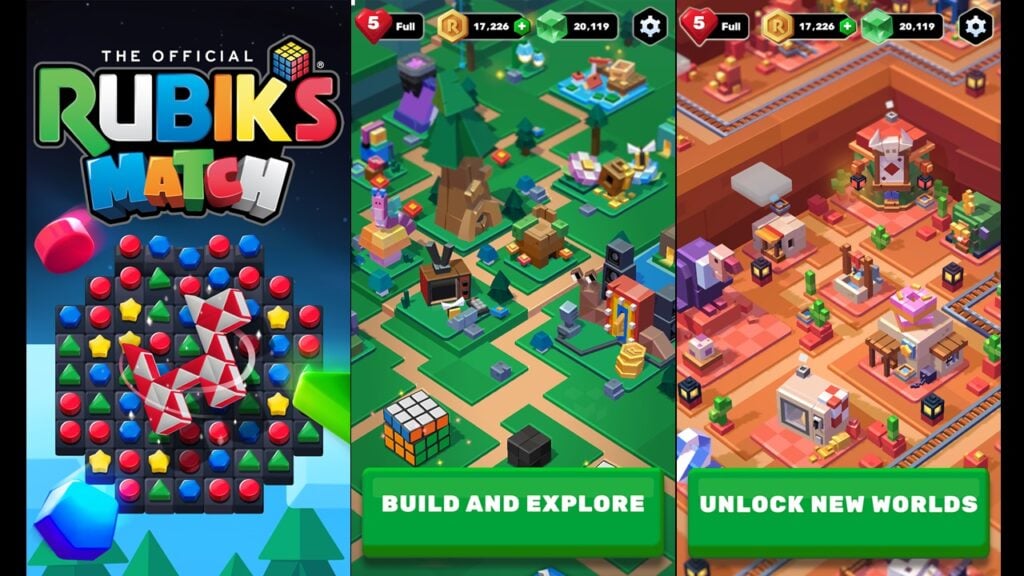17 Year Old Spends $25,000 on Monopoly GO
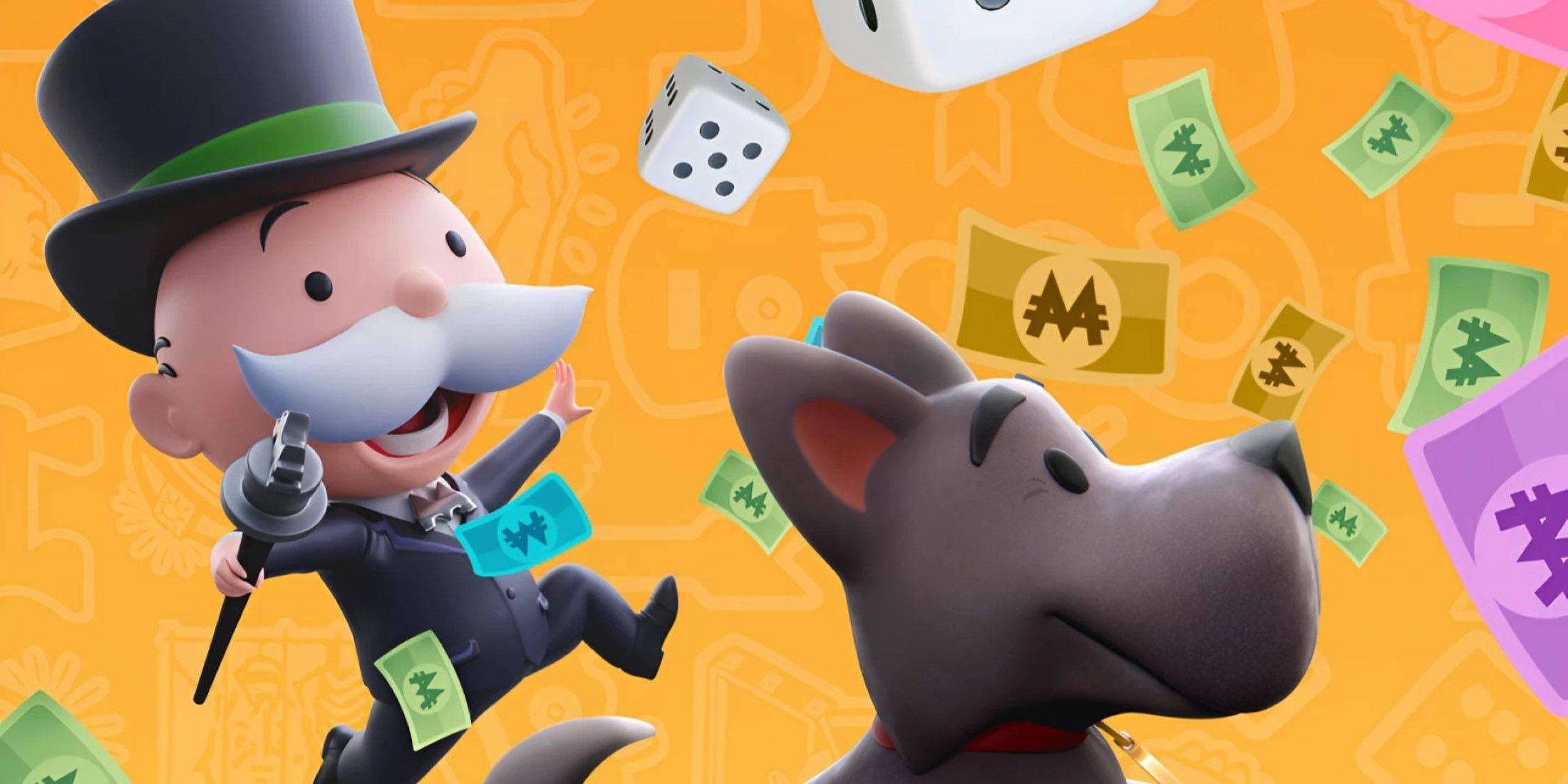
Monopoly GO's Microtransaction Pitfalls: A $25,000 Cautionary Tale
A recent incident highlights the significant financial risks associated with in-app purchases, specifically within the seemingly innocuous mobile game, Monopoly GO. A 17-year-old reportedly amassed a staggering $25,000 in charges from in-game purchases, underscoring the potential for uncontrolled spending facilitated by microtransactions.
This isn't an isolated incident. The free-to-play model, while initially attractive, often lures players into escalating spending to accelerate progress or unlock rewards. Anecdotal evidence abounds, with one user confessing to a $1,000 expenditure before abandoning the game. The $25,000 case, however, serves as a stark warning about the addictive nature of these systems.
A Reddit post (since removed) detailed the situation, revealing 368 individual transactions totaling $25,000 made by a 17-year-old stepdaughter. The parent's subsequent search for recourse revealed a grim reality: Monopoly GO's terms of service likely hold users responsible for all purchases, regardless of intent. This practice is common within the freemium gaming industry, a model exemplified by Pokemon TCG Pocket's impressive $208 million first-month revenue generated through microtransactions.
The Controversy Surrounding In-Game Microtransactions
The Monopoly GO incident adds to a growing body of evidence questioning the ethical implications of in-game microtransactions. Previous legal battles, such as the class-action lawsuit against Take-Two Interactive concerning NBA 2K's microtransaction model, underscore the widespread concern. While this particular case may not reach litigation, it reinforces the frustration and financial hardship experienced by users.
The industry's reliance on microtransactions is undeniable. Their profitability is evident – Diablo 4 generated over $150 million in microtransaction revenue – and the strategy of encouraging small, incremental purchases is highly effective. However, this very feature also contributes to the criticism. The cumulative effect of these seemingly minor transactions can lead to substantial and unexpected expenses, often exceeding what a player would willingly spend with a traditional purchase model.
The Reddit user's predicament highlights the difficulty of obtaining refunds. This serves as a crucial reminder of the potential for significant financial loss within Monopoly GO and similar games employing aggressive microtransaction strategies.
-
1
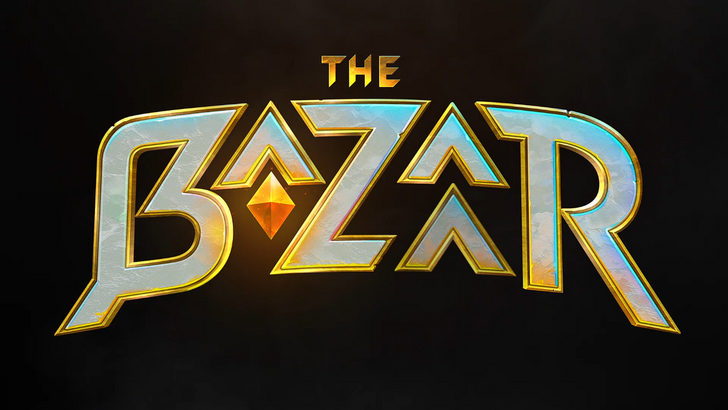
Announcing the Bazaar Release: Date and Time Unveiled
Feb 02,2025
-
2

Marvel Rivals Update: News and Features
Feb 19,2025
-
3

Novel Rogue Decks Android Debut
Feb 25,2025
-
4

GTA 6 Release: Fall 2025 Confirmed
Feb 23,2025
-
5
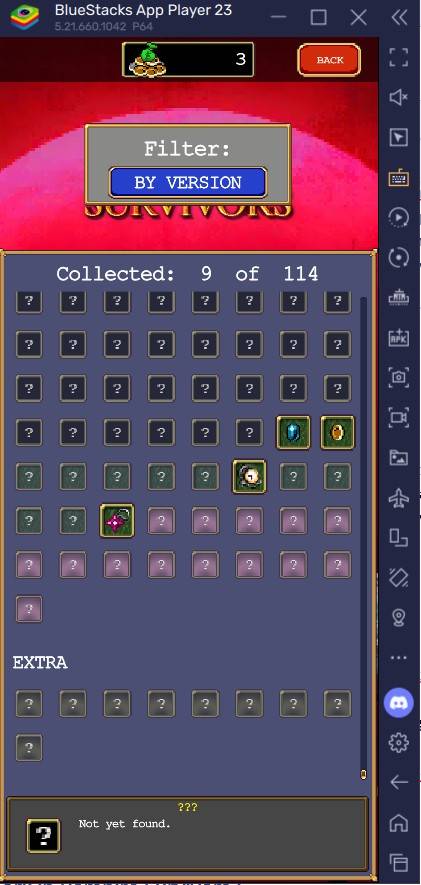
Vampire Survivors – Arcana Card System Guide and Tips
Feb 26,2025
-
6
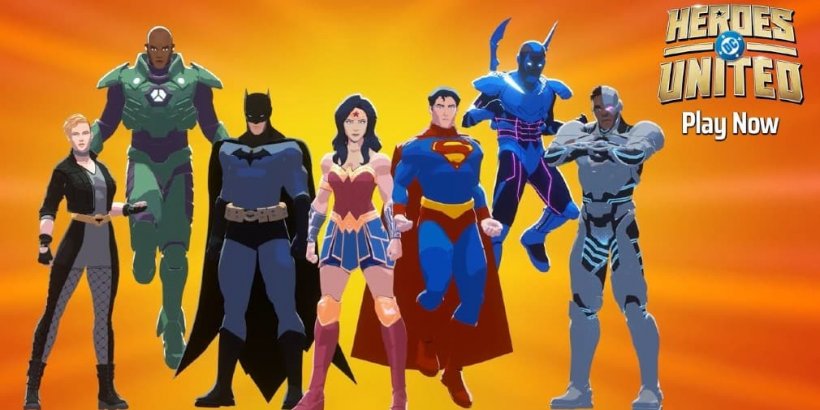
DC Heroes Unite: New Series from Silent Hill: Ascension Creators
Dec 18,2024
-
7

Get Exclusive Roblox DOORS Codes for January 2025
Feb 10,2025
-
8

Marvel Rivals Unveils Season 1 Release Date
Feb 02,2025
-
9

WWE 2K25: Long-Awaited Return
Feb 23,2025
-
10

Anime Fate Echoes: Get the Latest Roblox Codes for January 2025
Jan 20,2025
-
Download

Street Rooster Fight Kung Fu
Action / 65.4 MB
Update: Feb 14,2025
-
Download

Ben 10 A day with Gwen
Casual / 47.41M
Update: Dec 24,2024
-
Download

A Simple Life with My Unobtrusive Sister
Casual / 392.30M
Update: Dec 10,2024
-
4
Mega Jackpot
-
5
Day by Day
-
6
The Lewd Knight
-
7
Translate - Voice Translator
-
8
VPN Qatar - Get Qatar IP
-
9
Chewy - Where Pet Lovers Shop
-
10
Kame Paradise

